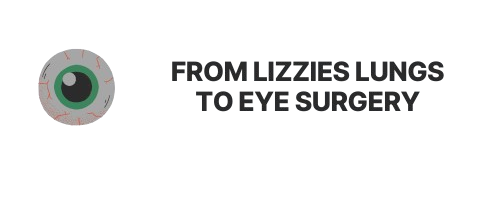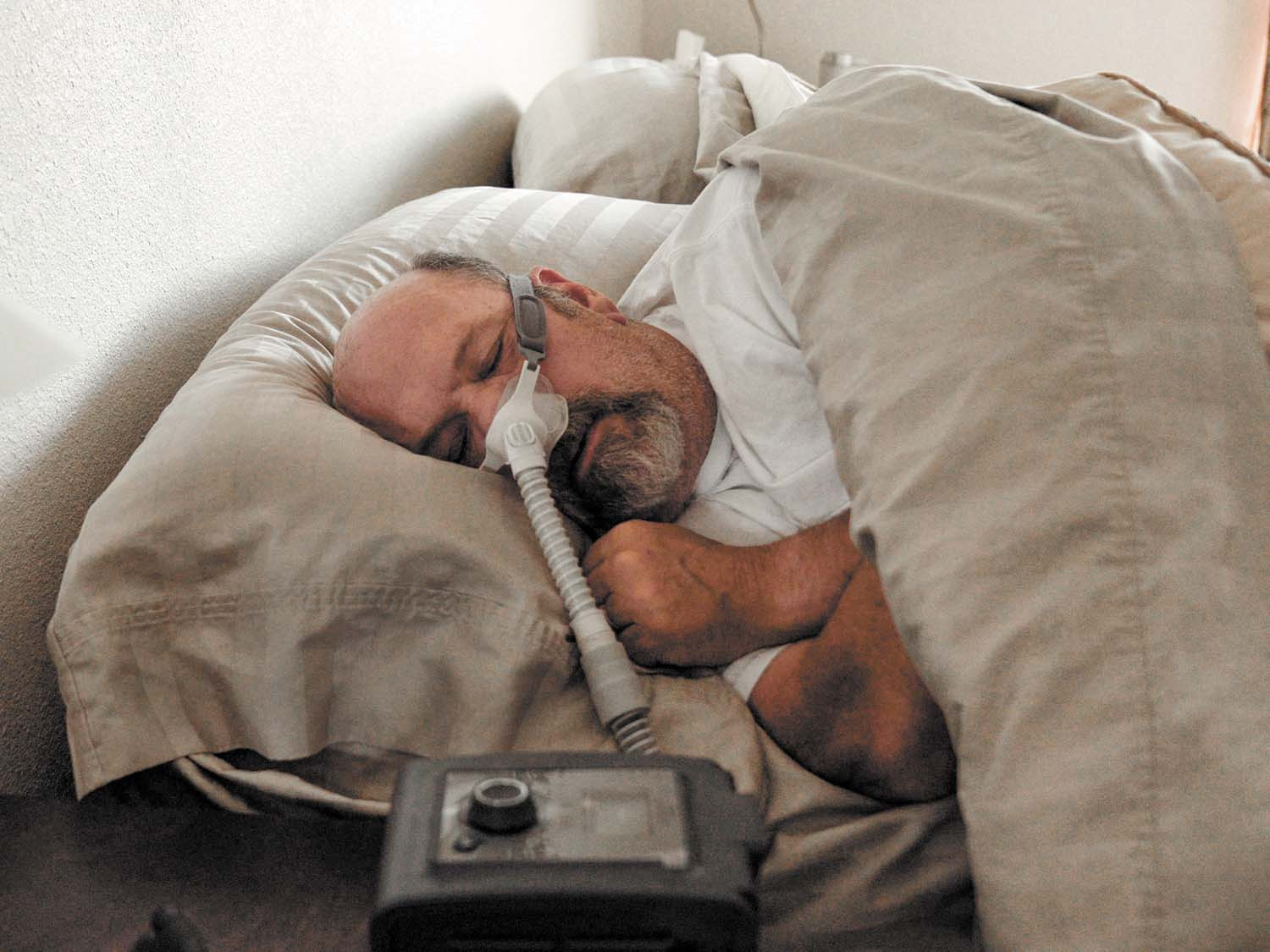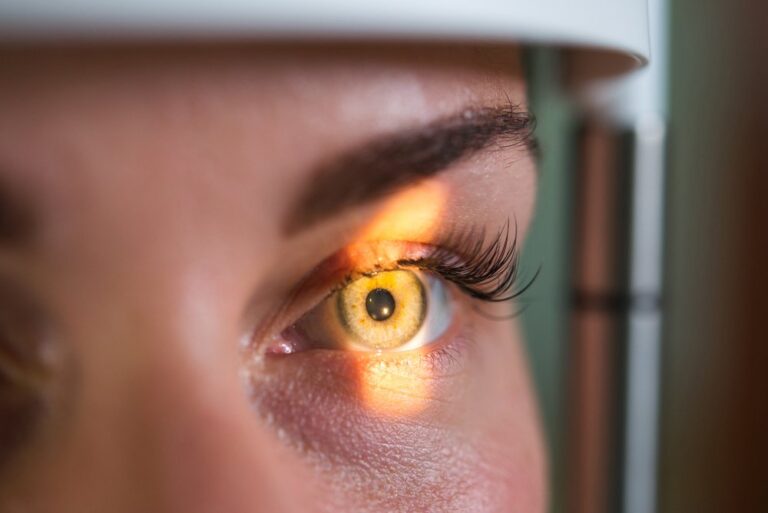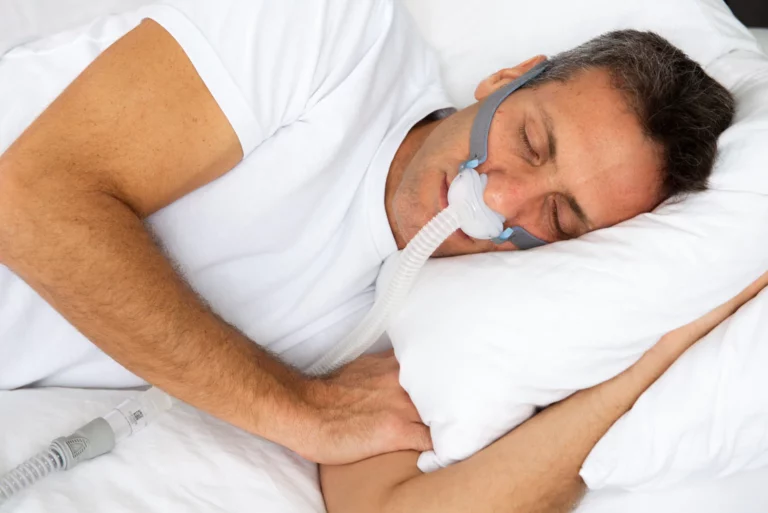Why You Should Never Settle: Finding the Best CPAP Mask for You
Understanding CPAP Therapy
Continuous Positive Airway Pressure (CPAP) therapy is a common treatment for obstructive sleep apnoea, a condition that affects millions of individuals worldwide. This therapy involves the use of a CPAP machine that delivers a constant stream of air through a mask, keeping the airways open during sleep. While CPAP therapy can significantly improve sleep quality and overall health, the effectiveness largely depends on the comfort and fit of the mask used.
Choosing the right CPAP mask is crucial, as discomfort can lead to non-compliance with treatment. Many users find themselves struggling with irritation, leaks, or pressure points, which can hinder their ability to adapt to the therapy. Therefore, it is essential to explore various options to find the mask that best suits individual needs.
There are several types of CPAP masks available, including nasal masks, full-face masks, and nasal pillows, each designed to cater to different preferences and comfort levels. Nasal masks cover the nose and are generally lightweight, making them a popular choice for those who breathe through their nose during sleep. Full-face masks, on the other hand, accommodate both the nose and mouth, which can be particularly beneficial for individuals who tend to breathe through their mouths or have nasal congestion. Nasal pillows are a less intrusive option, resting at the entrance of the nostrils, and are often favoured by those who feel claustrophobic with larger masks. Each type has its own set of advantages and potential drawbacks, so it is advisable for users to consult with their healthcare provider to determine the most suitable option for their specific circumstances.
Finding the best CPAP mask is a vital step in ensuring the effectiveness of CPAP therapy. Comfort, fit, and personal preferences play significant roles in determining which mask will work best for each individual. By understanding the different types of masks available and considering factors such as comfort, maintenance, and potential issues, users can make informed decisions.
Moreover, the importance of regular maintenance and hygiene cannot be overstated when it comes to CPAP equipment. Users should ensure that their masks, tubing, and machines are cleaned regularly to prevent the build-up of bacteria and allergens, which can lead to respiratory issues or skin irritations. Many manufacturers provide guidelines on how to properly clean and care for the equipment, and adhering to these recommendations can enhance the longevity of the device while ensuring a healthier sleep environment. Additionally, users may find it beneficial to invest in accessories such as mask liners or CPAP pillows, which can further enhance comfort and improve the overall experience of using CPAP therapy.
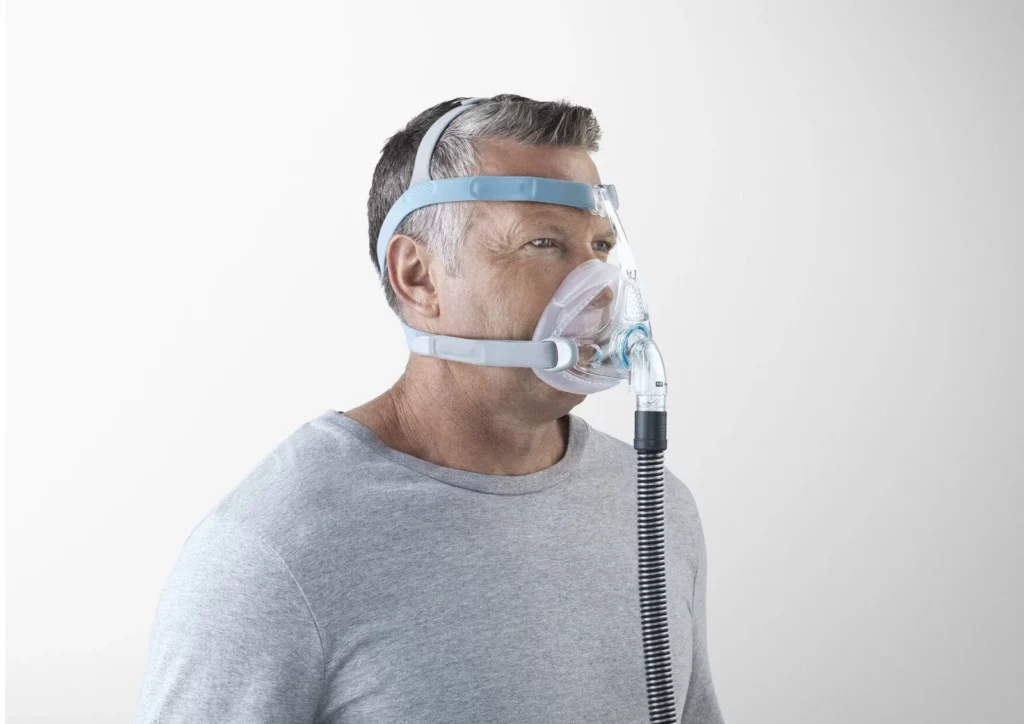
Types of CPAP Masks
When it comes to CPAP masks, there are several types available, each designed to cater to different preferences and requirements. Understanding the various types can help users make an informed decision.
Nasal Masks
Nasal masks cover the nose and are typically held in place with straps. They are a popular choice for many users due to their lightweight design and minimal facial coverage. Nasal masks are ideal for individuals who breathe primarily through their noses and prefer a less intrusive option. However, they may not be suitable for those who tend to breathe through their mouths during sleep.
Full-Face Masks
Full-face masks cover both the nose and mouth, making them an excellent choice for mouth breathers or those who experience nasal congestion. While they provide a secure seal and are effective in preventing air leaks, some users may find them bulkier and less comfortable than nasal masks. It is important for users to consider their sleeping habits and comfort levels when choosing between these two options.
Nasal Pillow Masks
Nasal pillow masks are designed with soft, flexible pillows that fit directly into the nostrils. They are the most minimalistic option available, offering a lightweight and unobtrusive experience. This type of mask is often favoured by users who feel claustrophobic with larger masks. However, proper sizing is crucial to ensure a secure fit and prevent air leaks. Learn more about claustrophobic at https://www.ncbi.nlm.nih.gov/books/NBK542327/
Factors to Consider When Choosing a CPAP Mask
Finding the right CPAP mask involves considering several factors that can influence comfort and effectiveness. Here are some critical aspects to keep in mind:
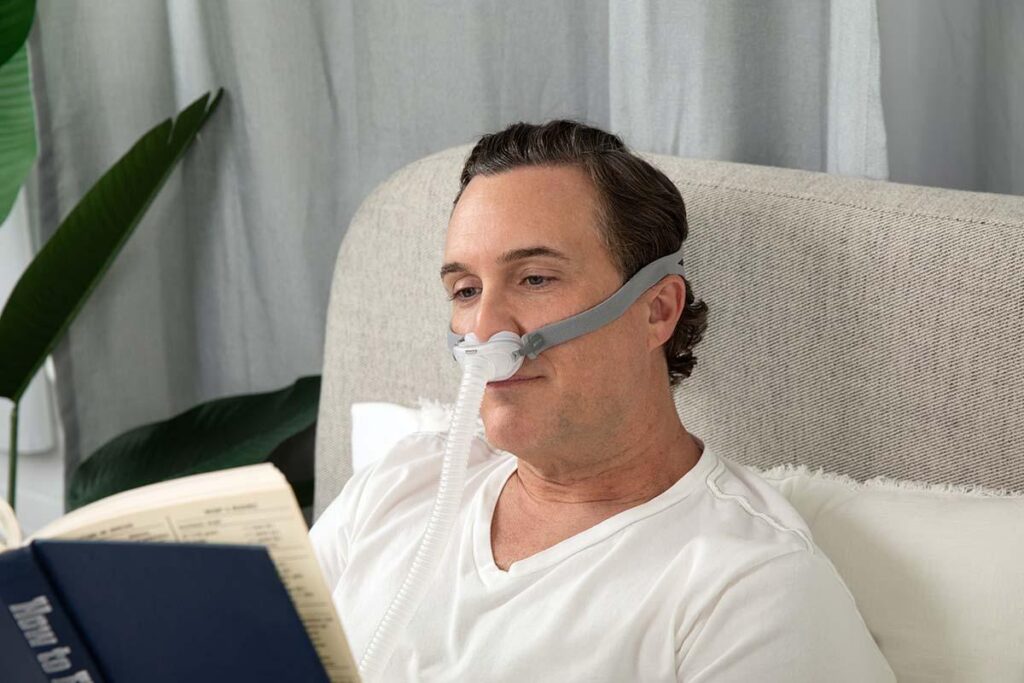
Comfort and Fit
The comfort of a CPAP mask is paramount. A mask that fits well will reduce the likelihood of skin irritation and discomfort during sleep. It is advisable to try on different masks to determine which style and size provide the best fit. Many suppliers offer fitting services, allowing users to test various options before making a purchase.
Additionally, adjustable straps and cushioning can enhance comfort. Some masks come with gel or foam padding, which can help alleviate pressure points and provide a more pleasant experience throughout the night.
Noisy Operation
Noise levels can vary significantly between different CPAP masks and machines. A noisy mask can disrupt sleep not only for the user but also for their partner. When selecting a mask, consider the sound it produces during operation. Many modern masks are designed to minimise noise, making for a quieter and more restful environment.
Maintenance and Cleaning
Regular cleaning and maintenance of the CPAP mask are essential for hygiene and longevity. Some masks are easier to clean than others, with detachable parts that can be washed separately. Users should consider how much time and effort they are willing to invest in maintaining their mask. A mask that is easy to clean can encourage better hygiene practices and prolong the life of the equipment.
The Importance of Trying Before Buying
One of the most significant mistakes users can make is purchasing a CPAP mask without trying it first. Many suppliers and healthcare providers offer trial periods or fitting sessions, allowing users to test different masks before committing to a purchase. This opportunity can be invaluable, as it provides firsthand experience of how each mask feels and performs during sleep.
Furthermore, consulting with a sleep specialist can provide additional insights into which mask may be the best fit for individual needs. They can offer recommendations based on specific sleep patterns, breathing habits, and comfort preferences.
Common Issues and Solutions
Despite the best efforts to find the perfect CPAP mask, users may still encounter problems. Understanding common issues and their solutions can help users overcome these challenges.
Air Leaks
Air leaks can occur when the mask does not fit properly, leading to discomfort and reduced effectiveness of the therapy. Users should ensure their mask is correctly sized and adjusted to create a secure seal. If leaks persist, it may be necessary to try a different style or size of mask. To read more about effectiveness click here.
Skin Irritation
Skin irritation is another common issue, often caused by prolonged contact with the mask material. To mitigate this, users can apply a barrier cream or use a mask liner to reduce friction against the skin. Regular cleaning of the mask can also help prevent irritation caused by accumulated oils and sweat.
Claustrophobia
Some users may experience feelings of claustrophobia when wearing a CPAP mask. In such cases, opting for a nasal pillow mask or a lighter nasal mask can help alleviate discomfort. Gradually acclimatising to wearing the mask during the day for short periods can also assist in overcoming these feelings.
Consulting with Professionals
Engaging with healthcare professionals is crucial in the journey to find the best CPAP mask. Sleep specialists, respiratory therapists, and CPAP suppliers can provide valuable advice and support tailored to individual needs. They can help users navigate the various options available and assist in troubleshooting any issues that may arise.
Moreover, many healthcare providers offer follow-up appointments to monitor progress and make necessary adjustments to the CPAP therapy. This ongoing support can be instrumental in ensuring long-term success with CPAP treatment.
Conclusion: Never Settle for Less
Ultimately, it is essential to never settle for a mask that does not meet personal needs. The right CPAP mask can transform the experience of therapy, leading to improved sleep quality and overall health. Investing time and effort into finding the perfect mask is a worthwhile endeavour that can lead to a better night’s sleep and a healthier life.
Learn more on: If You Struggle With Fit, Try These CPAP Mask Brands First
